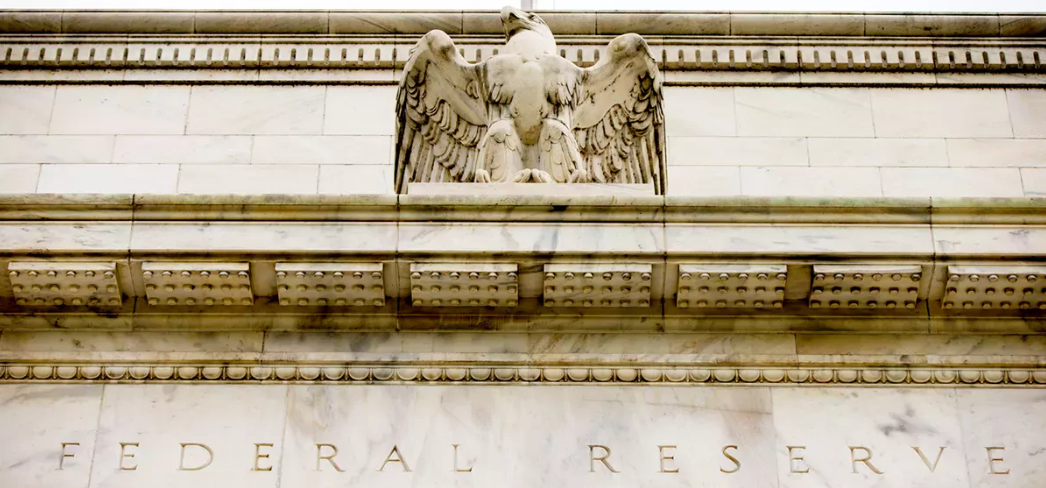
François Christen
Chief Economist
Recent events are likely to confirm the FOMC's wait-and-see stance, which is not without its dangers.
Original article published in French on agefi.com

Last week’s disappointing U.S. inflation figures dampened investor optimism and triggered a sharp rebound in USD interest rates. The yield on the 10-year T-Note rebounded to around 4.3%, erasing the decline seen a week earlier. As in January, consumer prices rose slightly faster than expected in February, up 0.4% month-on-month and 3.2% year-on-year. Excluding energy and food, the “underlying” rise was 0.4% over one month and 3.8% year-on-year.
The rise in consumer prices between December and February was well above the target set by the Federal Reserve, supporting the view that the “last mile” is a difficult one to overcome. Upstream of consumer prices, producer prices also posted sustained growth in February (0.6% monthly, 1.6% year-on-year; respectively 0.3% and 2.0% excluding energy and food). Inflation persistence validates the patience professed by Jerome Powell and his FOMC colleagues, who are holding an important meeting this week. While there is no doubt that the key interest rate will be maintained at its current level, the terms of the statement, the updated economic projections and Jerome Powell’s declarations are likely to make a few waves in the bond market and on Wall Street.
However, investors and traders have not waited for the FOMC to reassess the trajectory of interest rates. CME futures have realigned with the median forecast unveiled in December, when the FOMC expected the key rate to be lowered to 4.6% by the end of 2024. Is this projection still valid, given the recent upturn in inflation? Doubtful, but central bankers should continue to signal the prospect of monetary easing in the medium term. At worst, the “hawks” could tip the balance towards a cut in the key rate to 4.9% by the end of the year.
Last week’s economic indicators were mixed, but not particularly worrying. February’s 0.6% rebound in retail sales was put into perspective by the previous month’s -1.1% decline. The erosion of the University of Michigan’s consumer confidence index (76.5 in March after 76.9 in February) is not particularly significant, but confirms the deterioration observed in February. Erratic variations in manufacturing output mask a sideways trend, close to stagnation.
European markets have not escaped the influence of the USA. Euro government bond yields edged up. The 10-year German Bund has risen to around 2.45%, a level already seen at the end of February. British Gilts are also displaying higher yields as we await the Bank of England’s decision. The status quo is certain, but the statement could suggest a change of course over the summer. In Switzerland, the SNB is about to deliver its quarterly “review” of the economic and monetary situation. A steady deposit rate is likely and seems justified by the depreciation of the Swiss franc since the beginning of the year. Updated inflation forecasts should point to a rate cut in June, in line with other Western central banks.










